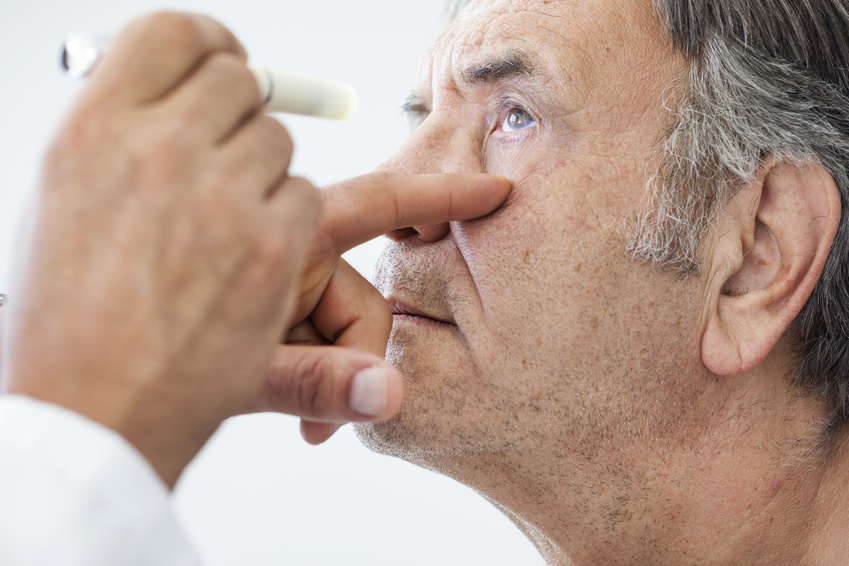
21 Nov The Most Common Age-Related Eye Problems
It isn’t a lie when people say your eyesight gets worse as you age. Like the rest of our body, time, pressure, and experiences (both good and bad) take their toll on the human body. While some bodies handle this progression better than others, most people may experience issues with their vision as they age.
Here are some of the most common age-related eye problems.
Cataracts
Cataracts affect the lens of your eye. These lenses are usually clear and flexible in younger people but tend to become less flexible and cloudier as you age as proteins begin to clump together. These cataracts can even cover the entire lens, disrupting your vision. Those who smoke or don’t protect their eyes are at a higher risk of developing cataracts.
Unfortunately, there’s no way to stop or correct cataracts without cataract surgery. Eye surgery can be used to replace your natural lens with a synthetic lens. This type of eye surgery gets rid of the symptoms associated with cataracts including blurred vision, halos, and glare.
Glaucoma
Glaucoma starts when there’s an increase of pressure within the eye. If the pressure is too great, it can even damage your optic nerve and cause extensive vision loss in some individuals. Glaucoma is particularly hazardous since there are virtually no initial symptoms until the disease progresses.
Glaucoma treatments vary. Some people are able to stem its progress through eye drops and medications, but others need laser eye surgery to reduce pressure within the eye.
Macular degeneration
Age-related macular degeneration (AMD) affects the macula within your eye. This is a component on your retina and directly affects your central vision. Most people with AMD still have a near-perfect peripheral vision, but AMD causes fuzzy or distorted central vision.
Dry eye syndrome
Dry eyes are fairly self-explanatory. As you age, you may experience chronic bouts of dry eyes, where your eyes lack sufficient moisture on the surface. This can result in burning, soreness, blurry vision, and, ironically enough, watery eyes as your tear ducts promote more tears to compensate for the lack of moisture. This syndrome is usually treated through eyedrops and medications, though a change in diet may be recommended.
There are a variety of eye issues you may experience as you age. If you experience any of these issues, contact us at Abell Eyes.

Sorry, the comment form is closed at this time.